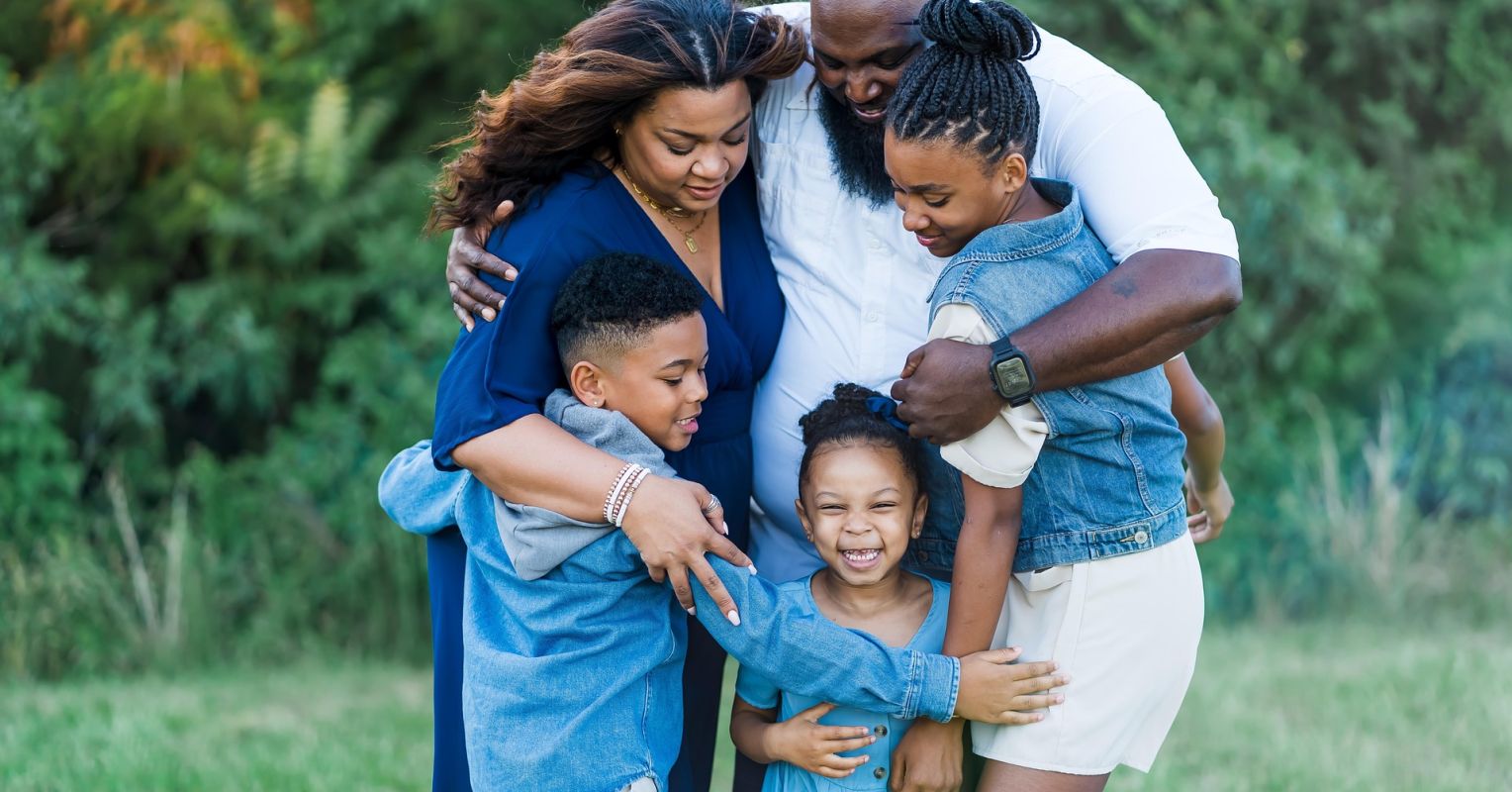Every parent wants their child to be happy, confident, and resilient.
But in a world where youth anxiety, depression, and social media pressure are rising fast, the question isn’t just “How do I help my child?” — it’s “How can I become the kind of parent my child feels safe turning to, no matter what?”
I cannot stress this enough: The single most important factor in a young person’s Mental health is having strong, stable, nurturing relationships with caring adults. But here’s the hard part — are we, as parents, truly being as supportive and nurturing as we think? When your child experiences a big emotion, how do you respond? Do they feel safe speaking without fear of judgment, criticism, or punishment?
Experts in child and adolescent health call this capacity for honest, safe connection between parent and child family attunement or biosynchrony. And it’s crucial not just for emotional health, but for a child’s developing brain and body.
Right now, only about 48% of families show the resilience and connection that most powerfully protect kids. Many parents are struggling more than ever: 41% say they’re so stressed most days they “can’t function”.
So when parents, Mental health professionals, and educators ask me, “How do we help our children through these challenging times?”, my answer often surprises them.
The path begins with vulnerability and healing our own past wounds. Only then will we become less reactive, more grounded, and far more able to hold space for our children when they come to us with a problem. This is where lasting change begins — with us.
Why Family Connection Is More Important Than You Think
In a recent national study, researchers looked for what factors predict whether a child will thrive. The key question they asked parents was: “Can you and your child really talk about things that matter?” The findings were staggering:
- Children whose parents say their kids easily (or are “very well” able to) turn to their parents to share ideas and discuss hard topics are 12 times more likely to flourish.
- Even being “somewhat able” to turn to your parents with difficult things makes kids nearly four times more likely to thrive compared to those who can “not very well” or “not at all” talk to their parents about tough subjects.
- Girls who can safely talk to their parents about feeling worried, angry, or troubled are much less likely to suffer from anxiety, depression, or behavioral issues.
These effects hold steady, even for children facing adversity, poverty, or chronic health challenges. When a family regularly communicates, works together to solve problems, stays hopeful, and recognizes its strengths, their kids are three to four times more likely to flourish.
How Family Conversations Strengthen Mental health and Wire a Child’s Brain
Children who feel supported by a parent show lower levels of the stress hormones and inflammatory markers that are linked to depression and health problems. Teens with stronger parent-child bonds are also less likely to engage in risky behavior.
From birth, a child’s brain is constantly assessing: Am I safe? Do I belong? This dance between the brain and environment shapes how children respond to stress for the rest of their lives.
When we, as parents, model how to honor, turn toward, and manage our own emotions, kids internalize that rubric for resilience. When parents are overwhelmed, children absorb that anxiety too. But when we stay calm, listen, validate, and stay open and present, their neural wiring for safety, resiliency, and future problem solving fires up.
In those moments of being truly seen and heard, a child’s brain releases oxytocin and other neurochemicals that reinforce trust and connection. The more often this happens, the stronger their capacity to handle stress, recover from setbacks, and seek help when needed.
Our Healing Matters: How Parental Growth Shapes Family Connection
Our kids have never needed that sense of safety more than they do right now. But how can we expect to meet our children’s emotional needs when we can’t meet our own?
This isn’t about parental weakness or shame. Our culture rarely teaches emotional regulation, and it offers little support for developing it. It is a collective challenge – one we all share.
So I want to say this: as parents, as adults, it’s okay to feel. It’s okay to struggle. It’s okay to tend to your own pain with care, and love, and attention. Even reverence.
Working on ourselves deepens our relationships with our kids and with the young people we care for in whatever work we do. Studies show that adults who’ve recognized the effects of trauma in their own lives are calmer and more mindful in the face of children’s challenging behaviors.
Helping young people heal and thrive starts with turning a compassionate eye toward your own story, to where you are in your own healing journey and where you long to be. This connection to yourself fuels your capacity to expand inside so you can attune to your child’s distress. This is how intergenerational healing happens.
When we feel quick to react, we can ask ourselves, “Why am I feeling so overwhelmed, so triggered, by this?” And from here, we can ask ourselves, “How do I quickly soothe myself, so that I’m able to soothe them?” (And yes, there are fast-acting neuroscience-backed tools to help you do that!)
What Really Matters: Creating Safe, Supportive Family Relationships
When we do this work, it changes us. It changes family dynamics. It changes the well-being of the children we care for.
By practicing attunement first with ourselves, then with our children, we create tiny pockets of safety. We show them, again and again, that we can show up for them attuned, compassionate, and fully present. They are not alone. They are safe with us.
This is the work. It is messy, ongoing, and deeply human. And it is also the most important work we will ever do.
If there’s one gift every child deserves, it’s knowing they can turn to a parent when they need help — without fear, guilt, or shame. Everything else, from resilience to Mental health to confidence, flows from that foundation of connection.













